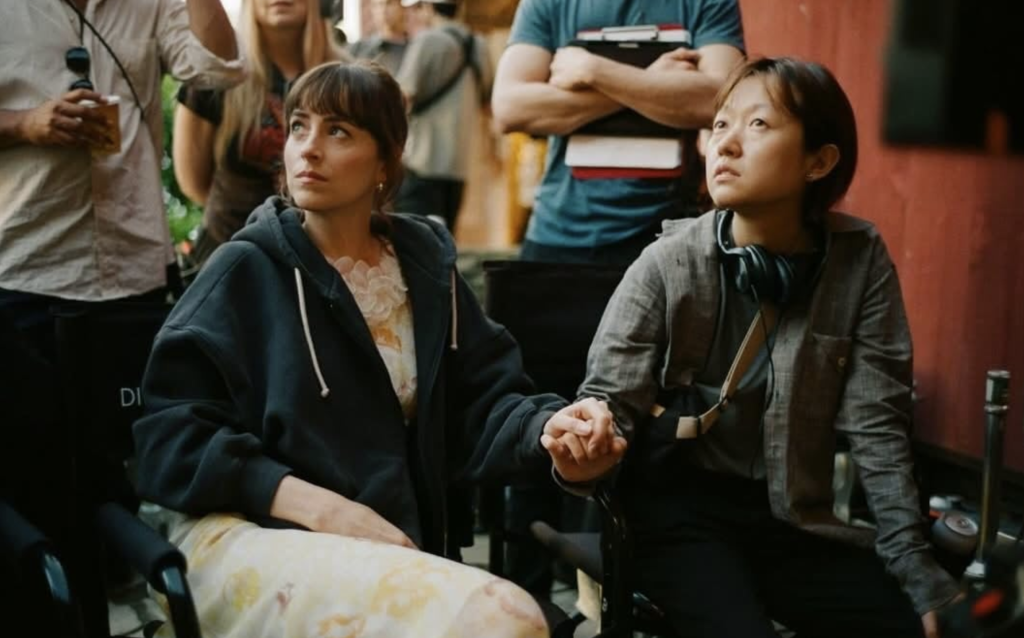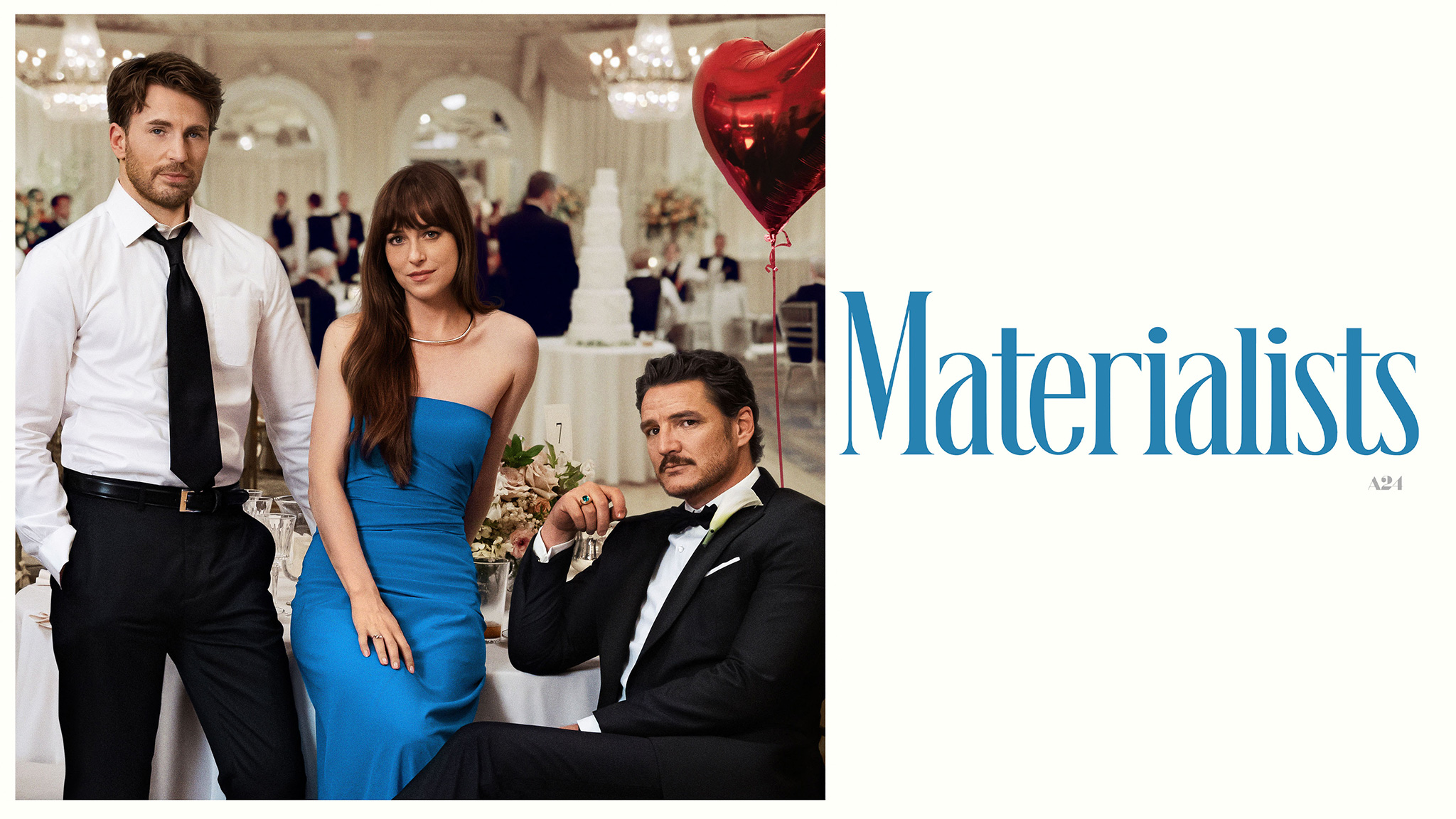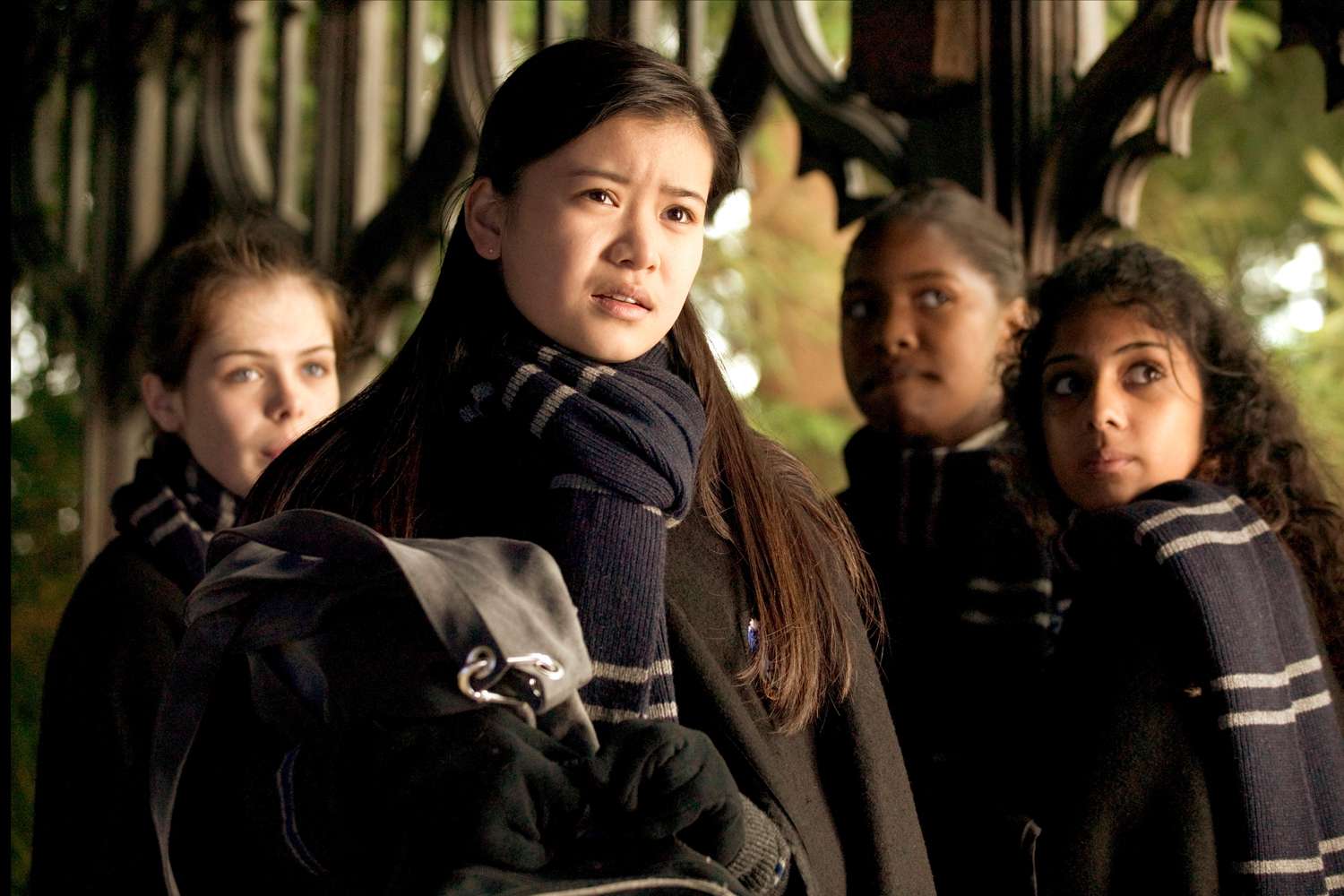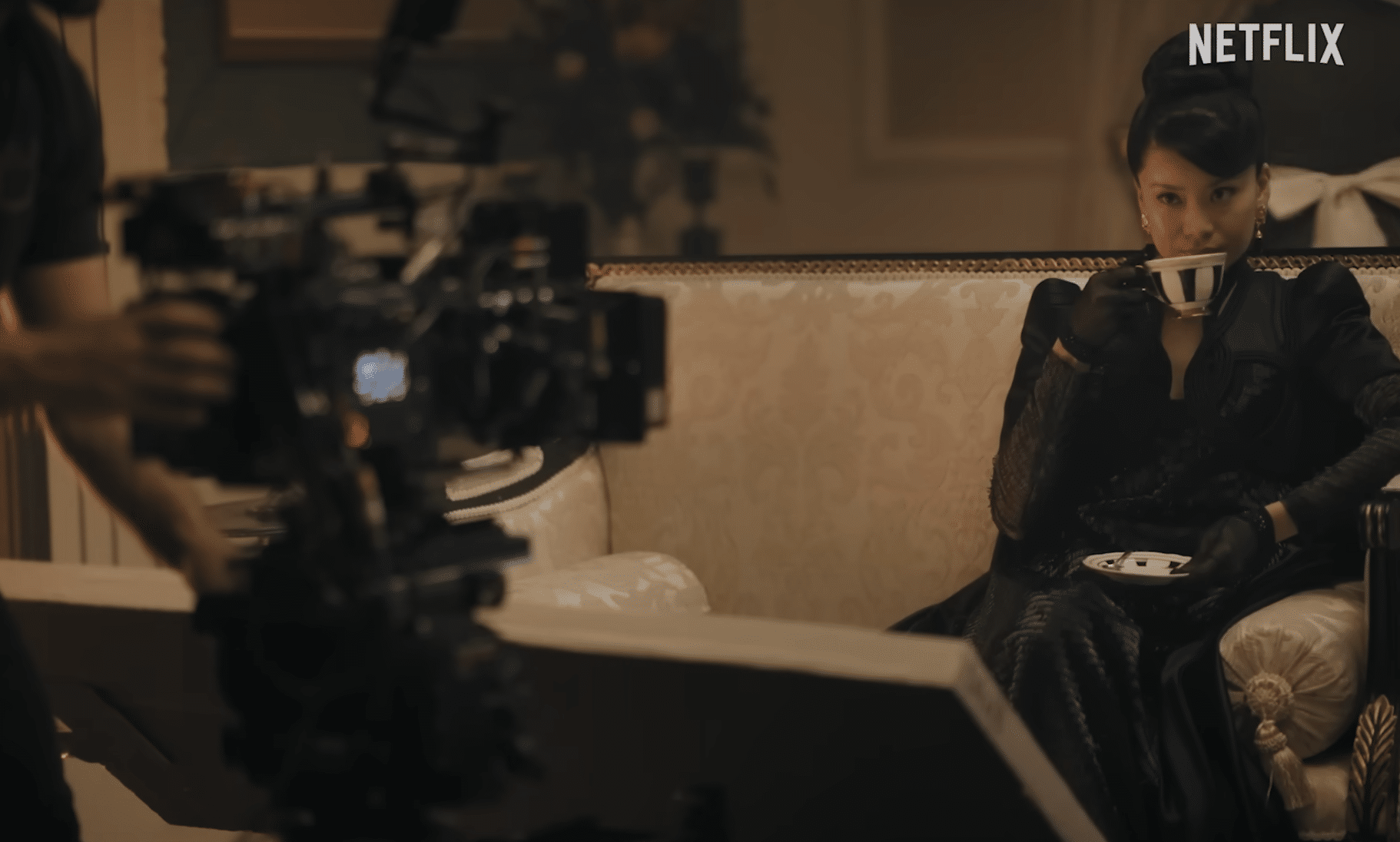When Celine Song released her debut film, Past Lives, it arrived like a whispered promise—a film so delicate and precise in its emotional language that it felt less like a story and more like a memory you had always held. Now, with her follow-up, Materialists, I find myself asking if lightning can strike twice, and if a filmmaker’s particular genius for capturing the quiet ache of human connection is something that can be applied to other forms.
The film, starring Dakota Johnson, Pedro Pascal, and Chris Evans, has been marketed as a breezy return to the romantic comedy. But let me tell you, that advertising is a misdirection, a glossy veneer that covers a much sharper and more thoughtful movie about the very nature of modern romance.

The Business of Being Loved
The film introduces us to Lucy (Johnson), a high-end matchmaker in New York City. For Lucy, love is a math problem. She’s built a successful career on this belief, helping her clients find partners by meticulously checking off a list of qualifications: height, income, body mass index, political leanings. It’s a job that treats people like a collection of data points, and Lucy is a master of the algorithm. She delivers a pep talk to a nervous bride (Louisa Jacobson) on her wedding day, not by talking about love, but by validating her desire to be valued.
The bride’s feelings, even if they are based on a shallow premise, are given space and respected. It’s in these moments that Song shows her remarkable empathy—she doesn’t judge her characters for their desires, even the ones that might seem cynical.
The film’s premise really takes shape when Lucy meets Harry (Pascal), a man who checks all the boxes, a “unicorn” in the dating world. At the same time, she runs into John (Evans), her ex, a struggling actor who is working the wedding as a waiter. He is a ghost from her past, a reminder of a life she left behind because of money problems.
Read more: ‘Past Lives’ Wins Best Picture in Gold House And CAPE’s “Gold List”
The film sets up this central dilemma not as a simple choice between two men, but as a meditation on two different lives, two different value systems. It’s about the tangible versus the intangible, the spreadsheet versus the unknowable human element that can’t be quantified.

I’ve been thinking about this film all week, and what stays with me is its honesty. It pulls back the curtain on what we think we want in a partner and reminds us that true connection is often formed against all odds. It isn’t a simple transaction. The movie is a scathing commentary on the state of modern dating, where people are reduced to a stat sheet of requirements, and expectations have soared to unrealistic heights.
The performances here are all very good. I want to give a special shout-out to Zoe Winters as Sophie, a client of Lucy’s. She has a moment that is so incredibly raw and powerful—a scene where she calls Lucy a “pimp”—that stayed with me.
Winters embodies the emotional core of the film, reminding us of the real risks and vulnerabilities involved in dating. Chris Evans also delivers an impressive performance, giving depth and dignity to a role that could have been a flat archetype.
But I did find myself feeling a bit deflated in the film’s last half. It felt like the air had been let out of the room, and I couldn’t pinpoint why. It’s a sophisticated romantic drama, and I do think the genre as a whole could learn from Song’s approach. I just wish the film had maintained the same emotional urgency from start to finish. I’m not sure it will stay with me for the long run.

The opening of the film, a flashback to a caveman couple, is a nice touch. It suggests that this dance of love and value is something we have been doing since the beginning of time, and yet, we are no closer to understanding it.
Read more: ‘Butterfly’ Series Review: Daniel Dae Kim and Reina Hardesty Shine in New Prime Video Show
In this film, Song takes the old rom-com formula and fills it with an earned, unblinking romanticism that feels perfect for our time. She loves her characters and respects their emotional complexity. When Pedro’s character reveals he had surgery to fix a scar, it’s not treated as a flaw but as an honest expression of a person’s desire to feel valuable. And Song gives that feeling space to exist. It is that kind of empathetic filmmaking that makes her such a special writer and director.
Materialists is released in US cinemas on 13 June and UK cinemas on 15 August.
This special screening of Materialist was organized by MilkTea, a UK-based organization dedicated to showcasing the best of East and Southeast Asian cinema. Founded by Chi Thai and Vicki Liu Brown, MilkTea aims to build inclusion, communities, and audiences through film screenings and partnerships with major studios like Sony Pictures, A24, and Netflix. Their work has earned them widespread acclaim and numerous awards.
If you’re interested in attending MilkTea’s next screening, be sure to follow them on social media @milkteafilms for updates and announcements.









